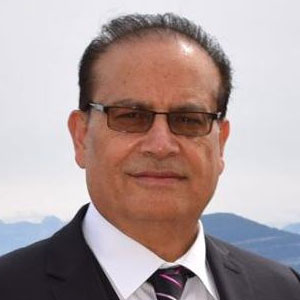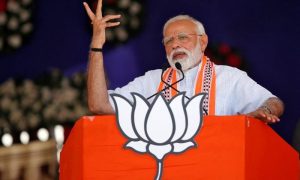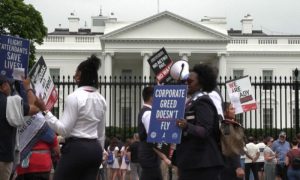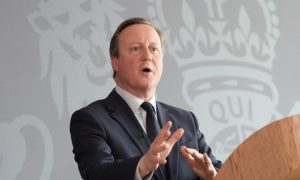The government and Election Commission attributed the slowdown and collapse of the internet during the 2024 elections to the Pakistan Telecom Authority (PTA) raises questions, given the PTA’s declared objectives. These objectives emphasize the regulation of telecommunication systems and services, promoting user interests, ensuring a wide range of high-quality and competitive services, and modernizing telecommunications throughout Pakistan. Additionally, the PTA is tasked with investigating complaints against licensees and taking action on alleged contraventions of its provisions and rules.
The situation suggests a discrepancy between the PTA’s mission and reported internet disruptions during critical national elections. If the slowdown was indeed under PTA’s control, it would be at odds with its mandate to promote and protect telecommunication service quality and accessibility for all users in Pakistan, including during significant events like elections which rely heavily on transparent and open communication channels. This scenario underscores the need for a thorough investigation to determine whether the disruptions were due to technical failures within PTA’s oversight or deliberate actions that contravened its objectives.
PTA perhaps has to give a lot more explanations for the internet slowdown, which has jeopardized the entire election exercise, costing billions to the government exchequer and keeping the entire nation at razor’s edge. These are not the political parties that are blaming the government for the deliberate slowdown; this allegation is also supported by independent watchdogs like NetBlocks, which have termed the disruption and slowdown of the internet during the Elections-2024 campaign events deliberate rather than due to genuine technical issues.
NetBlocks described the incidents as “nation-scale disruption to social media platforms,” which were consistent with previous events imposed during opposition rallies or speeches by opposition leaders and the immediate restoration of services following these events, have led to widespread skepticism about the official explanations. The independent observers have argued that these disruptions were politically motivated, aimed at silencing opposition voices and controlling the flow of information during the election period, rather than being the result of genuine technical problems.
The Human Rights Commission of Pakistan condemned the suspension of internet services as a breach of international law and fundamental rights, emphasizing the importance of freedom of expression, especially in the context of elections, lending credence to the argument that the internet disruptions were seen as more than just technical glitches.
The election process, which was closely watched by the entire nation and had profound implications for the country’s future, was reportedly marred by these disruptions. This situation was particularly critical because the integrity and smooth conduct of the elections depended heavily on stable communication channels, especially in the digital age, where much of the electoral communication and reporting relies on internet access.
The absence of public accountability or scrutiny of PTA by contesting parties, civil society, and government bodies is surprising, especially considering the verified reports of inefficiency and unpreparedness. Such a lapse in responsibility, especially when the stakes involved the democratic process and the future governance of the country, raises questions about the regulatory oversight and crisis management capabilities of the authority.
The 2024 elections in Pakistan have drawn widespread criticism for allegedly compromising the integrity of the voting process, leading regional and international media to describe the event as exceptionally unfair, non-transparent, and heavily rigged in the nation’s history. Both the United States and the United Kingdom have voiced significant concerns over the electoral proceedings, advocating for thorough investigations into the numerous reported irregularities.
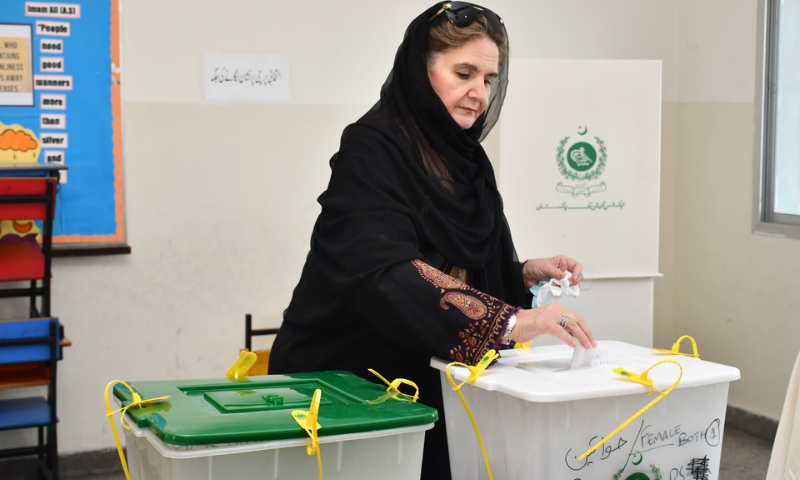
The US Department of State specifically called attention to infringements on the freedoms of expression and assembly, underscoring the fundamental democratic principles at risk. Similarly, the UK Foreign Secretary raised issues regarding internet accessibility and anomalies in the reporting of election results, indicating potential barriers to a free and fair electoral process. Moreover, the European Union expressed dismay over the compromised level playing field, highlighting constraints on political engagement and accusations of electoral meddling. These international reactions underscore a collective call for transparency and accountability in addressing the alleged shortcomings of the electoral exercise in Pakistan.
Given the significant impact of internet disruptions during the 2024 elections in Pakistan, it is imperative for PTI, alongside other affected political parties and civil society activists, to advocate for the appointment of an independent panel. This panel should comprise both internationally and nationally renowned Information Technology experts tasked with conducting a comprehensive evaluation of the internet backbone’s technical capacity to handle the entire election process’s demands.
A key point of inquiry should be whether the existing internet infrastructure was adequately equipped to support the volume of election-related communications. If limitations were known, the pertinent question arises as to why such critical information was not communicated to the Election Commission, the media, and the public at large. The investigation should delve into whether there were any efforts to augment capacity in anticipation of the increased load and scrutinize the extent of consultation between the Election Commission and PTA regarding the online election system’s readiness.
In cases where assurances were provided to the Election Commission about the sufficiency of internet services for election communications, yet failures occurred, the investigation must explore the causes of these discrepancies. Conversely, if no consultations took place, both the PTA and the Election Commission may bear responsibility for the oversight.
This inquiry should also aim to pinpoint the specific individuals or groups within PTA and related bodies accountable for maintaining the integrity of internet services and identify any lapses in their duties that contributed to the nationwide anxiety experienced during the elections. Such a thorough and transparent investigation is essential for restoring public confidence in Pakistan’s electoral infrastructure and ensuring the robustness of its digital communications for future electoral exercises.
Based upon the report of the independent investigators, PTI should pursue all constitutional and legal fora to seek justice. The technical evaluation of internet services capability and sustainability will clear the fog on the entire process and will bring forward the actual culprit.
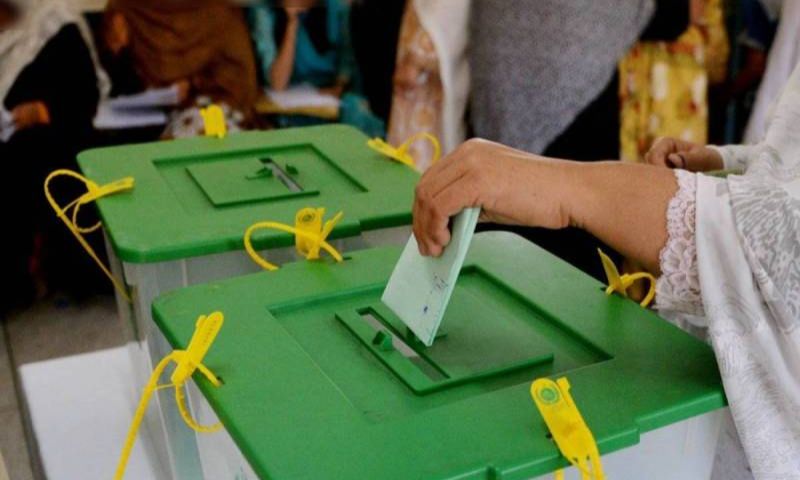
The Election 2024 debacle in Pakistan, marked by allegations of internet disruptions and electoral malpractices, necessitates an unwavering commitment to transparency and accountability. The dissonance between the Pakistan Telecom Authority’s (PTA) stated goals and the observed internet challenges during such a pivotal event underscores the urgency for a meticulous investigation. The involvement of independent IT experts, alongside scrutiny from entities like NetBlocks and the Human Rights Commission of Pakistan, is crucial in dissecting the root causes—be they technical oversights or deliberate obstructions. International concern from the US, UK, and EU amplifies the call for clarity, stressing the global implications of Pakistan’s electoral integrity. For PTI and civil society, the path forward involves leveraging legal avenues and constitutional mechanisms, informed by a comprehensive technical audit of the telecommunications infrastructure. This proactive approach, grounded in the findings of a thorough inquiry, is essential not only for redressing the immediate grievances but also for fortifying Pakistan’s democratic framework against future vulnerabilities.









